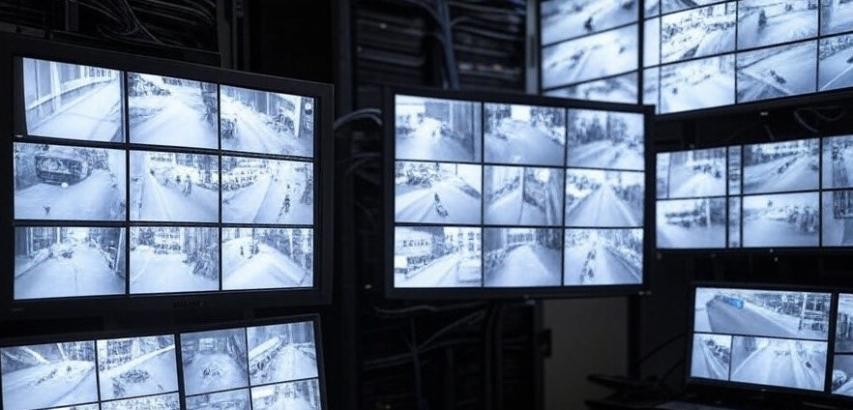A Network Video Recorder (NVR) is a specialized device or software system used in modern video surveillance to store, manage, and analyze footage from IP (Internet Protocol) cameras. Unlike traditional DVRs (Digital Video Recorders), which work with analog cameras, NVRs are designed for IP-based systems, offering higher flexibility, scalability, and advanced features. NVRs are central to smart security setups in homes, businesses, and public spaces.
Key Components & How It Works
IP Cameras:
Capture and transmit digital video over a network (via Ethernet, Wi-Fi, or PoE).
Often include built-in features like motion detection, night vision, and audio.
Network Infrastructure:
NVRs connect to cameras via a local network (LAN) or the internet.
Use protocols like RTSP (Real-Time Streaming Protocol) or ONVIF for compatibility.
Storage:
Footage is stored on internal HDDs/SSDs, external drives, or cloud storage.
Supports RAID configurations for data redundancy.
Software:
Provides a user interface for live viewing, playback, and system management.
May include AI-driven analytics (e.g., facial recognition, license plate detection).
Features of Modern NVRs
High-Resolution Support: 4K/8K video recording.
Remote Access: View footage via smartphones, tablets, or PCs.
Scalability: Add cameras without rewiring (limited by network bandwidth).
Power over Ethernet (PoE): Simplifies installation by delivering power and data over a single cable.
Motion Alerts: Send notifications when activity is detected.
Encryption: Secure data with AES-256 or SSL/TLS protocols.
Integration: Compatible with smart home systems (e.g., Alexa, Google Home) and VMS (Video Management Software).
Applications
Home Security:
Monitor entrances, backyards, and baby rooms via Wi-Fi cameras.
Business Surveillance:
Protect retail stores, offices, and warehouses with multi-camera setups.
Public Safety:
Deploy in traffic systems, airports, and city centers for crowd monitoring.
Industrial Use:
Track equipment and workflows in factories.
Benefits Over DVRs
Superior Image Quality: IP cameras offer higher resolution (e.g., 4K vs. 1080p).
Flexible Installation: Cameras can be placed anywhere with network access.
Advanced Analytics: AI-powered insights (e.g., people counting, object tracking).
Centralized Management: Control multiple sites from one interface.
Challenges
Bandwidth Demand: High-resolution video strains network capacity.
Storage Costs: Requires large drives for long retention periods.
Cybersecurity Risks: Vulnerable to hacking if not properly secured.
Complexity: May require IT expertise for setup and maintenance.
Choosing the Right NVR
Channel Capacity: Ensure it supports the number of cameras needed (e.g., 8-channel, 32-channel).
Resolution Support: Match camera specs (e.g., 4K compatibility).
Onboard AI: Opt for models with analytics if smart detection is needed.
Hybrid NVRs: Some support both IP and analog cameras for legacy systems.
Future Trends
AI Integration: Edge computing allows cameras to process data locally before sending to the NVR.
Cloud NVRs: Offload storage and processing to the cloud for scalability.
5G Connectivity: Enable faster wireless camera deployments.
Cybersecurity Enhancements: Blockchain and zero-trust frameworks for data protection.
NVRs revolutionize video surveillance by leveraging IP technology for smarter, scalable, and higher-quality security solutions. Whether for a small home or a sprawling enterprise, they offer flexibility and advanced features like remote access and AI analytics. As technology evolves, NVRs will continue integrating with cloud platforms and AI tools, making them indispensable for modern security needs. When selecting an NVR, prioritize compatibility, storage capacity, and cybersecurity to build a robust surveillance ecosystem.
 |  |  |
